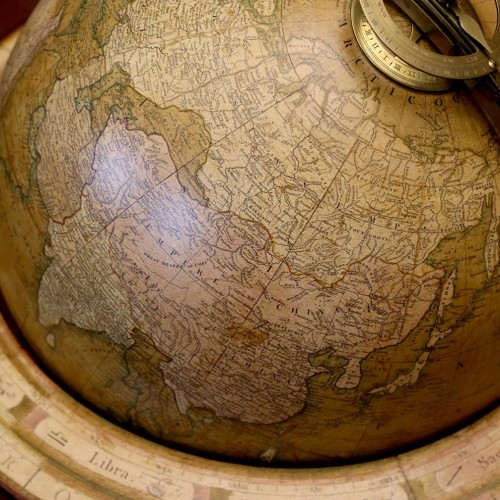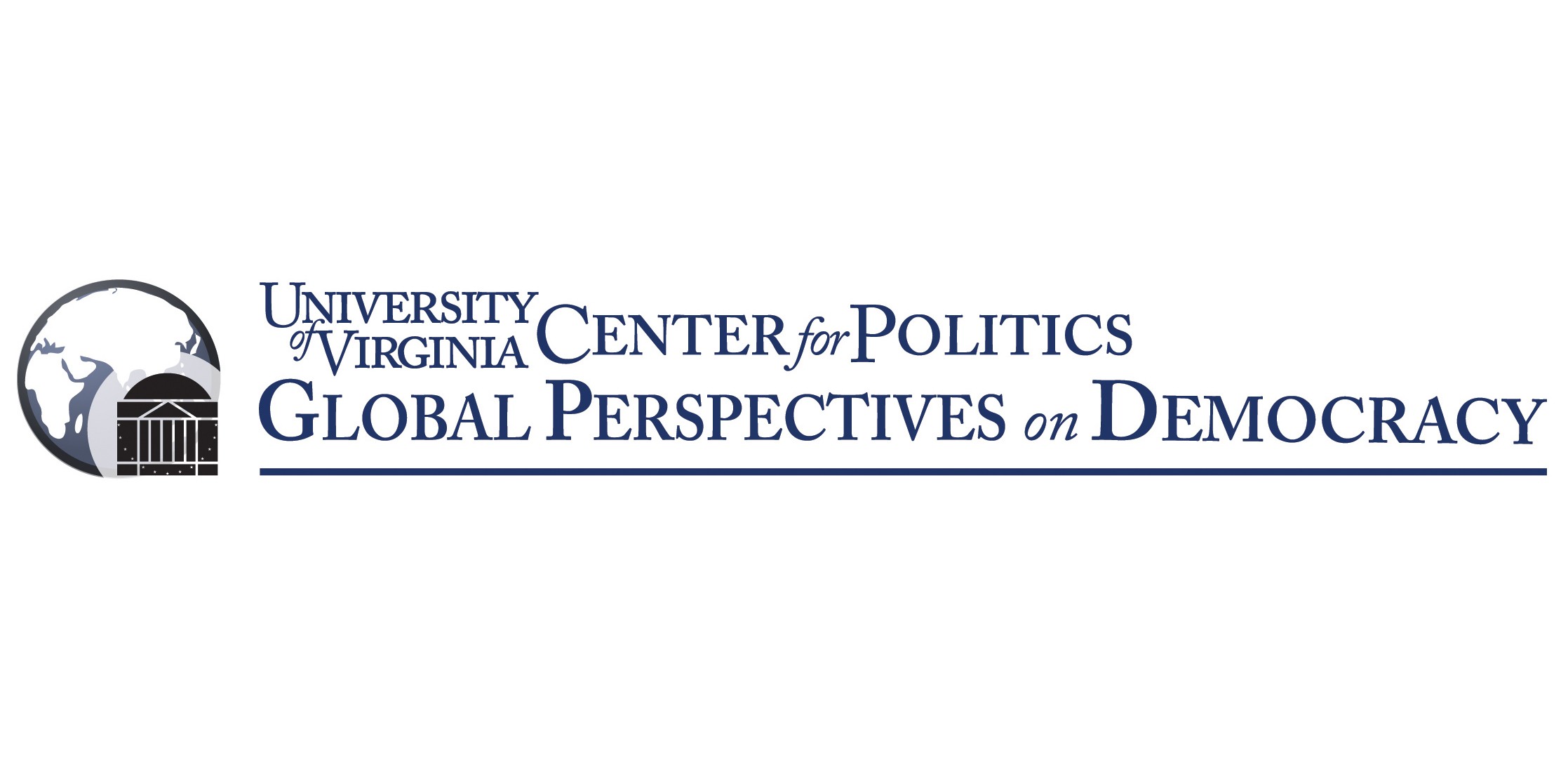Registration Now Open
From Benjamin Franklin to Madeleine Albright, Antony Blinken to Marco Rubio, American diplomats hail from a variety of backgrounds, educations, and experiences, and the essential work they undertake is often poorly understood by the public.
Whether looking to follow in the footsteps of some of America’s most notable ambassadors, attachés, and consuls, or are simply seeking a more comprehensive understanding of the vital services American diplomats perform, the 2025 American Academy of Diplomacy (AAD) Conference at Montalto will provide an insightful backdrop for learning and meaningful conversation.
- Find out if you have what it takes to represent the United States abroad
- Ask the Experts Panel – come with your questions in this open-format discussion, moderated by UVA Center for Politics students
- Meet Monticello historians and enjoy a gourmet boxed lunch (included with ticket price)
- Students may register free with code AADSTUDENT
Keynote Presentations
Diplomacy for a Changing World
How is diplomacy changing in the 21st century? Ambassador Marc Grossman will provide a broad discussion on the future of foreign relations, including a look at emerging trends, challenges and issues.
Native Diplomacy and Indian Policy in Jefferson’s New Republic
Thomas Jefferson’s upbringing amidst constantly shifting colonial and Indigenous power shaped his understanding of domestic and foreign policy. Brandon Dillard, Director of Historic Interpretation and Audience Engagement at the Thomas Jefferson Foundation and citizen of the Cherokee Nation, will discuss Virginia and the surrounding Native polities of Jefferson’s youth, Enlightenment influences on Jefferson’s thought, and Jefferson’s time as a diplomat and national leader.
Feature Discussion
The Paths, Partnerships, and Power of Modern Diplomacy
Hear the first-hand reflections of top American diplomats and dignitaries, moderated by three-time U.S. Ambassador Ronald E. Neumann.
- Ambassador Carol Perez will focus on the diverse backgrounds of diplomats—how they’re recruited, trained and deployed.
- The Honorable Alonzo Fulgham will look at the intersection of diplomacy and foreign assistance—how these two fields cooperate and work to support our national interests.
- Ambassador James Jeffrey will examine how diplomacy and the military collaborate—how these two distinct areas overlap and how former military officers often find a second career in diplomacy.
Student-moderated Discussion
Ask the Experts
What would you like to know about American Diplomacy? Is the U.S. still considered the pre-eminent force in promoting diplomacy around the world? How has the role of women evolved in diplomacy today? What role does the United States play in advancing global education? Our closing session is an open book for your questions!
12 pm | Lunchbox Talk: Meet Historians from Monticello
Enjoy a gourmet boxed lunch and an informal conversation with Monticello’s historians
1 pm | Welcome and Introductions
1:15pm | Keynote Address by Brandon Dillard, Monticello’s Director of Historic Interpretation and Audience Engagement
Native Diplomacy and Indian Policy in Jefferson’s New Republic
2 pm | Break
2:15pm | Presentations and Panel Discussion
- Ambassador Carol Perez
- Alonzo Fulgham
- Ambassador James Jeffrey
- Ambassador Ronald E. Neumann (Moderator)
3:45 pm | Ask the Experts Panel
Moderated by Students from the UVA Center for Politics and featuring AAD panelists
4:15 pm | Keynote Address by Ambassador Marc Grossman
Changing Diplomacy: The Future of Foreign Relations
5 pm | Closing Remarks
About the Presenters

Dr. Andrew M. Davenport is the Vice President for Research and Saunders Director of the Robert H. Smith International Center for Jefferson Studies at the Thomas Jefferson Foundation. He has published academic articles on Ralph Ellison in mid-century New York City, Thomas Jefferson’s death and its legacies, and the influence of Black literature on post-World War II French culture. He has also published in Lapham’s Quarterly, Los Angeles Review of Books, and Smithsonian Magazine.
Davenport serves on the Board of Directors of the American Agora Foundation (Lapham’s Quarterly) and is a member of the inaugural cohort of the White House Historical Association Next-Gen Leadership Ambassadors. He earned a B.A. in English from Kenyon College, an M.A. in American Studies from Fairfield University, and an M.A. and Ph.D. in U.S. History from Georgetown University.

Brandon Dillard is Director of Historic Interpretation and Audience Engagement at Thomas Jefferson’s Monticello, where he’s worked since 2010. Brandon holds a BA in philosophy from Georgia State University, where he studied Indigenous perspectives and the intersections of culture and politics, and a MA in anthropology from the University of Virginia where he focused on public memory. Brandon is an enrolled citizen of the Cherokee Nation. Racial identity, political power, and representation in collective memory have always been at the core of his work. He has spent his career elevating marginalized narratives in public history. At Monticello, his work primarily focuses on the interpretation of slavery and enslaved people, the legacies of colonization, and the importance of personal connection when discussing complex and contested aspects of the past.
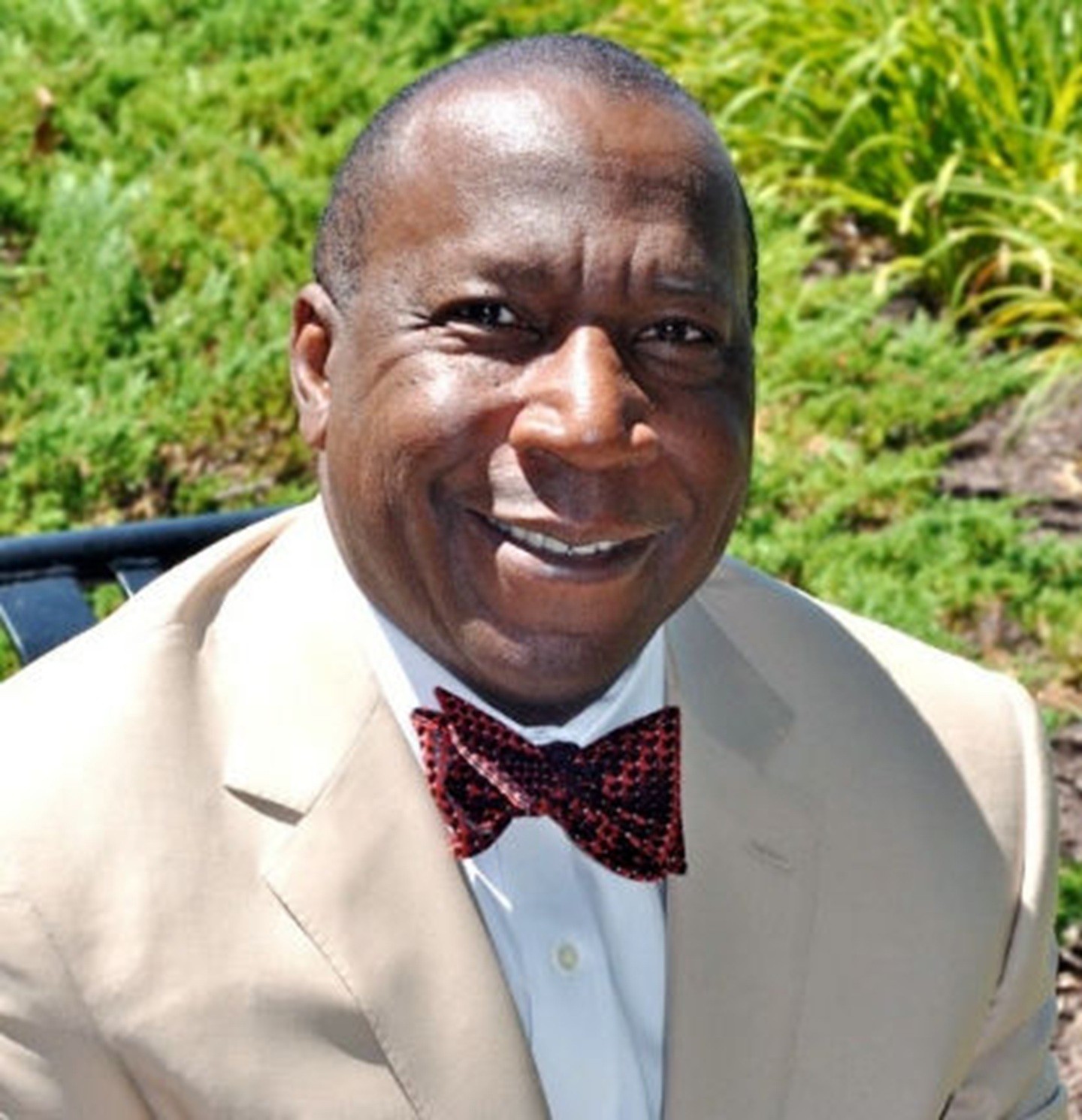
The Honorable Alonzo L. Fulgham is a seasoned International Development Policy, Planning, and Operations Executive with a wealth of experience in managing organizations and programs with budgets in excess of $15 billion. He was appointed as Acting Administrator for USAID in January of 2009 by President Barack Obama, where he was responsible for planning, development, and execution of the United States’ development policy and humanitarian assistance programs. He previously served as the agency’s Chief Operating Officer and Executive Secretariat, and before that as Mission Director to Afghanistan. Since transitioning to the private sector, Mr. Fulgham has founded his own enterprise, TJM International Consultancy, a boutique business focused on advising a limited portfolio of global businesses and NGOs in the areas of sustainable development, energy, agribusiness, infrastructure, environment, governmental relations, and corporate responsibility. He has also served as the President of Galileo Energy Partners, LLC, and as the Senior Vice President for Strategy and Sustainable International Development with CH2M HILL. Mr. Fulgham is currently the Executive Vice President - Defense/Homeland for VIATEQ Corporation of McLean, VA. He is also a member of the Board of Directors for Palladium International, the American Academy for Diplomacy, Meridian International, Shared Interest, The Council on Foreign Relations, and the International Advisory Council of the Carnegie Mellon University Center for International Relations and Politics.
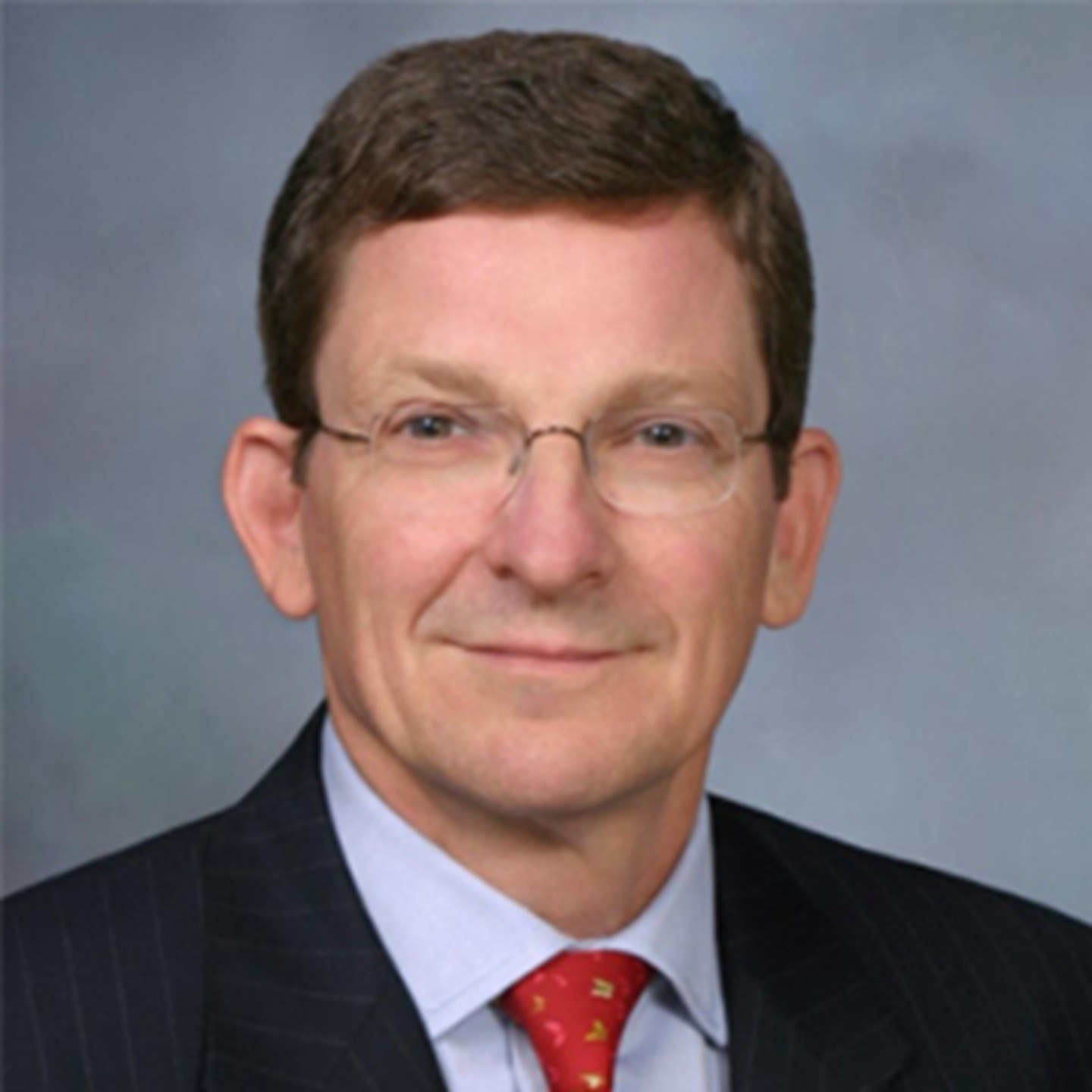
Ambassador (ret.) Marc Grossman served as the Under Secretary of State for Political Affairs, the State Department’s third ranking official, until his retirement in 2005 after 29 years in the US Foreign Service. Previously, he served as Director General of the Foreign Service and Director of Human Resources, Assistant Secretary of State for European Affairs, and as U.S. Ambassador to Turkey. Ambassador Grossman was a Vice Chair of The Cohen Group from July 2005 to February 2011, when he was called back to service as the US Special Representative for Afghanistan and Pakistan. In this role, Ambassador Grossman provided U.S. backing for an Afghan peace process designed to end thirty years of conflict and helped manage U.S. relations with Pakistan. He returned to The Cohen Group in February 2013, where he is once again a Vice Chair. He is also the Chairman of the Board of the Senior Living Foundation of the Foreign Service, a Trustee of the University of California Santa Barbara Foundation, and a member of the Board of the C&O Canal Trust. Raised in Los Angeles, California, Ambassador Grossman has a BA in Political Science from the University of California, Santa Barbara and an M.Sc. in International Relations from the London School of Economics and Political Science.
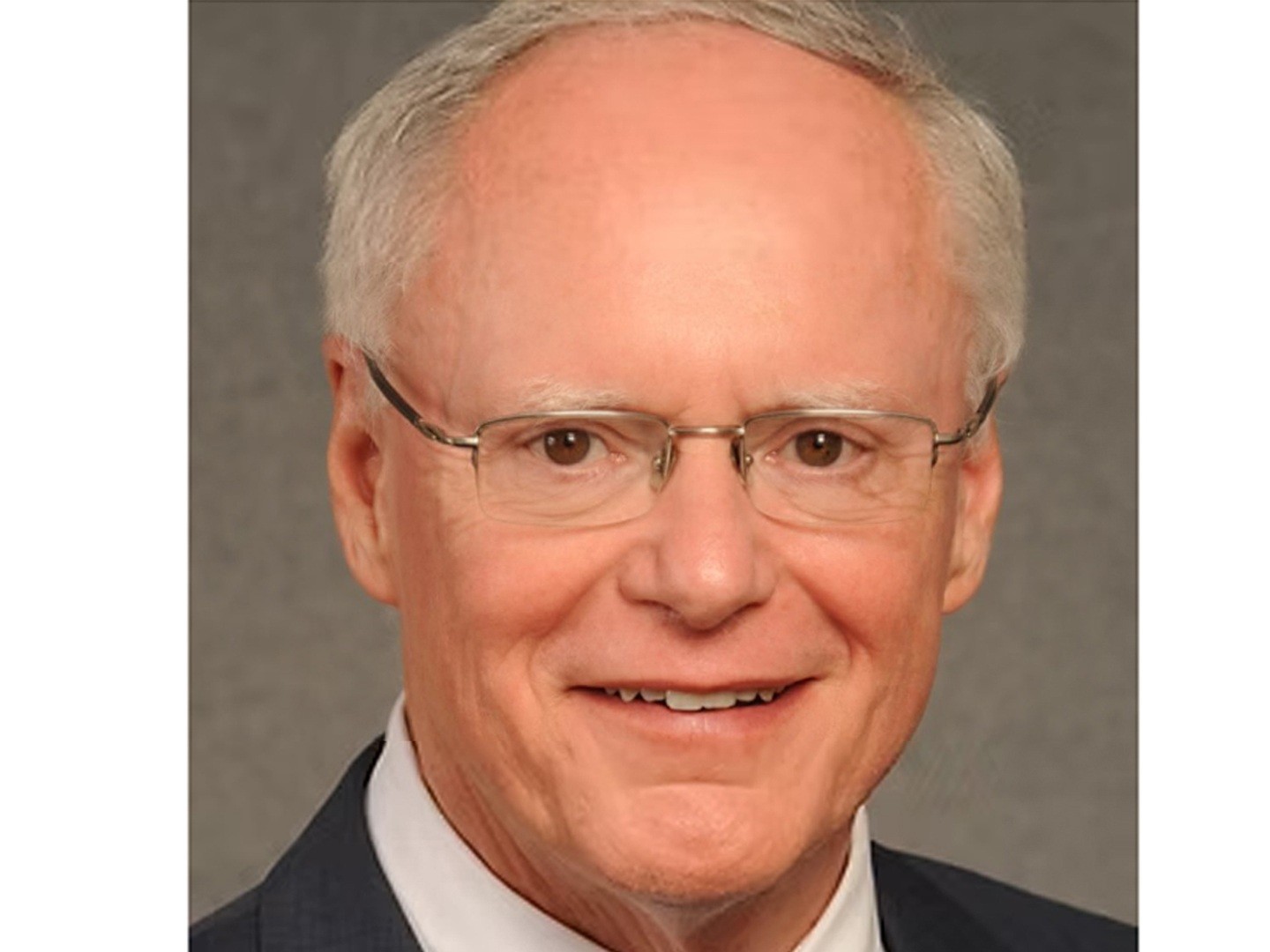
Ambassador (ret.) James F. Jeffrey is a decorated diplomat who concluded his thirty-seven-year Foreign Service career at the Service’s highest rank, Career Ambassador. He served tours as U.S. Ambassador in Albania, Iraq and Turkiye, was the Secretary’s Special Representative/Chief of Mission for Syria, and the Special Envoy to the Global Coalition To Defeat ISIS. Ambassador Jeffrey has held a series of highly sensitive posts in Washington, D.C. and abroad since joining the Foreign Service in 1977. In addition to his service in Ankara and Baghdad, he served as assistant to the president and deputy national security advisor in the George W, Bush administration, with a special focus on Iran. Previously, at the State Department, he served as principal deputy assistant secretary for the Bureau of Near Eastern Affairs at the Department of State, where he led the Iran policy team and coordinated public diplomacy. His earlier appointments included service as senior advisor on Iraq to the secretary of state; chargé d’affaires and deputy chief of mission in Baghdad; and deputy chief of mission in Ankara. A former U.S. Army infantry officer, Ambassador Jeffrey served in Germany and Vietnam from 1969 to 1976. He received his bachelor’s degree from Northeastern University and his master’s degree from Boston University.

Ambassador (ret.) Ronald E. Neumann is President of the American Academy of Diplomacy, an organization of former senior diplomats dedicated to strengthening American diplomacy. Formerly a Deputy Assistant Secretary of State for the Middle East, Neumann served three times as Ambassador; to Algeria, Bahrain and finally to Afghanistan from July 2005 to April 2007. Much of his early career focused on the Persian Gulf and Arabian Peninsula including service in Iraq (2004-05), working extensively with the military. Since his service in Afghanistan, he has returned there frequently and writes and speaks extensively on the subject. He authored a book on his time in Afghanistan, The Other War: Winning and Losing in Afghanistan, as well as Three Embassies, Four Wars; A Personal Memoir. In earlier postings, he served as Director of the Office for Iran and Iraq, Deputy Chief of Mission in the United Arab Emirates, and in Yemen, and Principal Officer in Tabriz, Iran. In 2018, he received the American Foreign Service Association’s award for Lifetime Contributions to American Diplomacy. He holds a B.A. in history and an M.A. in political science and was an infantry officer in Vietnam (’69-70). He is married to the former M. Elaine Grimm. They have two children.
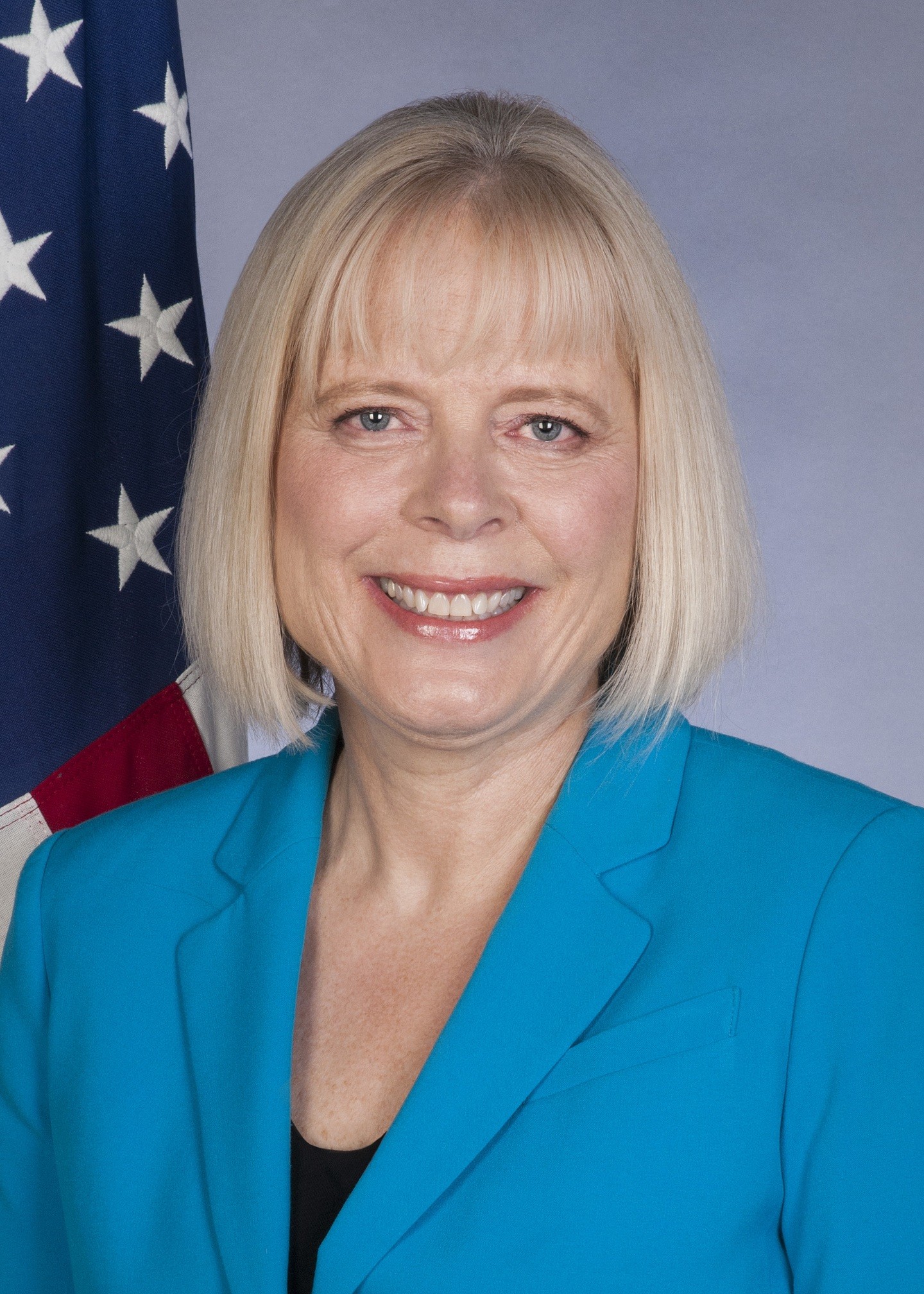
Ambassador (ret.) Carol Z. Perez retired in 2022 as a career member of the Foreign Service, class of Minister-Counselor. She served as Director General of the Foreign Service and Director of Global Talent at the Department of State between 2019 and 2022, and Acting Under Secretary for Management in 2021. Prior to her appointment as Director General, she was the U.S. Ambassador to Chile from 2016 to 2019, and previously served as Principal Deputy Assistant Secretary in the Bureau of Human Resources and in the Bureau of International Narcotics and Law Enforcement Affairs. Since joining the Foreign Service in 1987, Ambassador Perez also held positions in the Office of the Under Secretary for Management, the Executive Secretariat, and the Bureau of Near Eastern Affairs. She is the recipient of two Presidential Meritorious Service Awards and two Distinguished Service Awards from the Secretary of State. Ambassador Perez is currently the chair of the American Foreign Service Protective Association Board of Directors and a member of the Senior Living Foundation Board of Directors. A native of Cleveland, Ohio, she received a B.A. from Hiram College in political science and an M.A. in health care administration from The George Washington University.
Conference Co-sponsors

The American Academy of Diplomacy
The American Academy of Diplomacy was founded in 1983 by Ambassadors Ellsworth Bunker, U. Alexis Johnson, and John J. McCloy to explore ways in which persons who had served in positions of major responsibility could cooperate to promote the highest standards in the practice of American diplomacy. Today, the Academy is dedicated to strengthening the resources and tools America brings to managing its diplomatic challenges, and accomplishes this through targeted outreach programs, distinguished awards, and robust, practical, research-based publications. Through these activities, the Academy promotes an understanding of the importance of diplomacy to serving our nation and enhancing America’s standing in the world.
University of Virginia Center for Politics
The mission of the University of Virginia Center for Politics directed by Professor Larry Sabato is to educate and inspire citizens about practical politics and civic engagement through programs that are unique, compelling, and open-minded. Everything the Center for Politics does must fulfil the goal of instilling citizens with an appreciation for the core values of freedom, justice, equality, civility, and service. The Center’s Global Perspectives on Democracy program (GPD) hosts exchanges, workshops and presentations for international delegates in the U.S. and abroad with thus far over 1,600 participants from high school students to government ministers. GPD organizes the Ambassador Series which hosts ambassadors from nations around the world who engage with UVA students, faculty, staff, and members of the public.
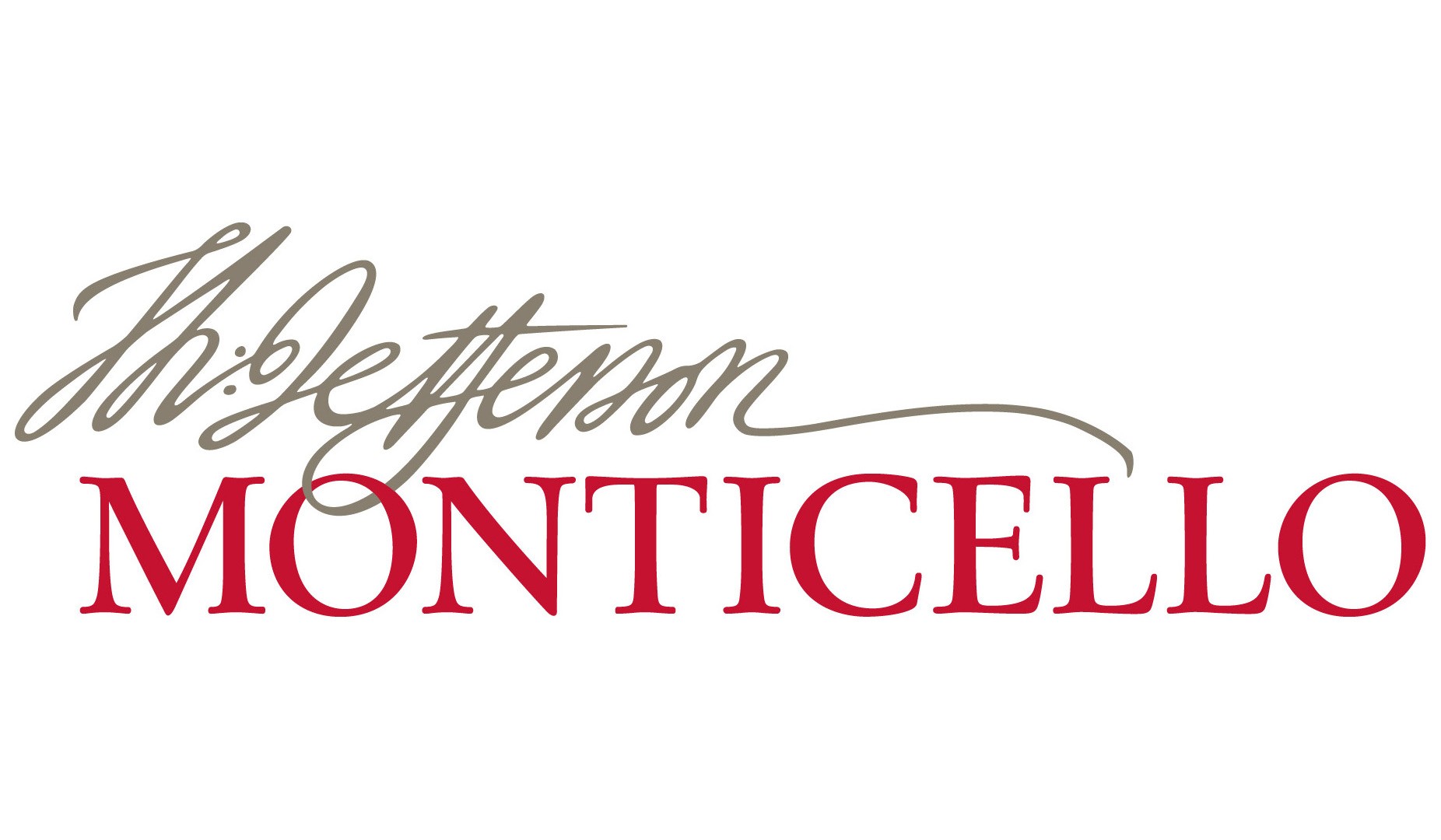
The Robert H. Smith International Center for Jefferson Studies at Monticello
From its beginning in 1994, the dual purpose of the Robert H. Smith International Center for Jefferson Studies has been research and education – to foster Jefferson scholarship and to disseminate its findings. The activities of the Center are diverse and multidisciplinary. It is a residential site for individual Jefferson scholars and teachers, as well as a venue for lectures, seminars, and conferences. The Center seeks a central role in the ongoing study of Thomas Jefferson internationally by supporting a wide range of inquiry; by building a network of scholars, teachers, and resources; by helping to define new areas of investigation; and by promoting the application of new technologies to Jefferson scholarship. An Advisory Board of acclaimed scholars and statesmen helps guide the Center’s activities.

